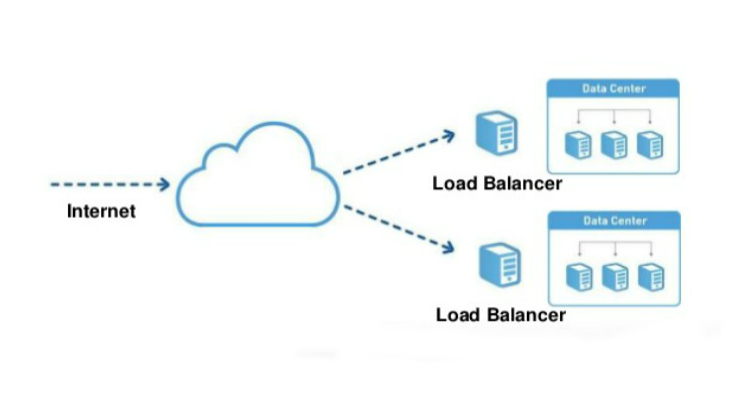Whether dedicated hosting, VPS or cloud, adding a load balancer to the group can help enhance web performance. Load-balancing is a popular technique used to distribute workload across multiple virtual servers, cluster server, network channels, CPUs, hard disk drives and other compute resources, and cloud load-balancing means performing this approach in the cloud environment. The process reduces workload on a single server that further improves overall performance. The concept is simple. Instead of overloading an individual server, the site traffic is evenly distributed between other servers to maintain availability and avoid downtime issues when your site experience heavy traffic.
Benefits of Cloud Load-balancing
- High-availability: While multiple servers are put together into practice, it boosts availability. For example, if one server becomes unresponsive, the load will be picked by other back end servers that ensures to answer the incoming traffic and keep the services unaffected.
- Scalability: Unusual traffic spikes can influence server performance, but load-balancing provides the capability to add more servers to the group to manage the growing incoming requests. Instead of transiting to a completely new environment, you can simply increase the number of load-balancers when required. Besides, you can add or remove the server based on your site's traffic rate and business demand. For example, an eCommerce website might experience heavy traffic during season sale, so they can include more load-balanced web servers to reduce latency.
- Flexibility: Doing maintenance work is rather easy because administrators can direct all traffic to one server and place the other load balancer in active/passive mode. This allows them to do the maintenance without causing downtime issue. The approach can be used similarly for performing maintenance work on other load balancer, with at least one server up and running, which ensure to upkeep high-availability all the while.
- Economical: Previously, load-balancers were certainly not the option for SMBs due to the high total cost of ownership. Load-balancing required monitoring and administration just like the other systems that added to the IT expense. Now, the scenario is completely different. Cloud load-balancers are economical as the cost is based on the amount of resource used, which is the 'pay-as-you-go' model.
Organizations are largely leveraging cloud solutions to host and run their mission-critical data and applications. The major need of any business is maintaining availability and efficiency and for that purpose, load-balancing can be one of the simplest and cost-effective way to meet the objective. If you have any questions related to load-balancing, give us a call. We'd be happy to help you.

